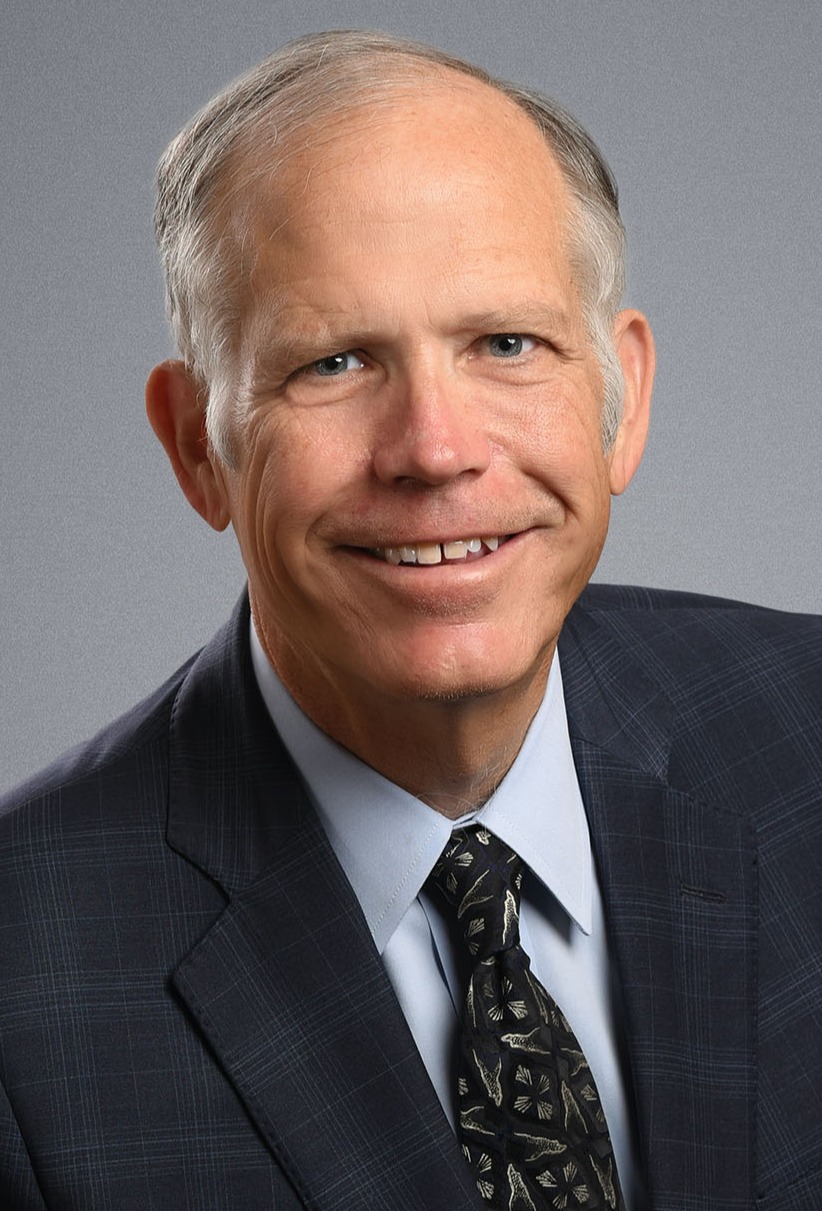Alternative dispute resolution is a popular alternative to civil litigation which is often slow and costly. Alternative dispute resolution, however, is not new. Homer, for example, mentions arbitration in The Iliad. See Achilles' Shield And Judicial...

Keith Paul Bishop
Recent Posts
California's new board gender quota law places great weight on the location of a corporation's principal executive offices. The law applies to a publicly held foreign corporation when its principal executive offices, according to its Form 10-K, are...
I have often written about the State of Nevada's efforts to compete with Delaware for corporate charters. Recently, I came across a draft study that suggests that when Delaware looks over its shoulder in the race for corporate charters, it will see...
The constitutional infirmities of California's novel board gender quota law have been remarked on by everyone from former Governor Jerry Brown to the legislative consultants who prepared bill analyses. Now there is a pending constitutional...
Section 2115 is California's (in)famous pseudo-foreign corporation statute. In general, the statute subjects a corporation that is not incorporated in California to numerous provisions of the California General Corporation law if the corporation...
The Department of Business Oversight is more than a securities regulator. When I headed the Department of Corporations, it was also a health care regulator - administering and enforcing California's Knox-Keene Health Care Service Plan Act of 1975,...
Professor Mohsen Manesh cites two developments in 2018 as a possible turning point for the internal affairs doctrine: California's enactment of a board gender quota law and Vice Chancellor Laster's ruling in Sciabacucchi v. Salzberg, C.A. 2017-0931...
California prohibits any person (unless exempt) from engaging in the business of a finance lender or broker without obtaining a license from the Commissioner of Business Oversight. Cal. Fin. Code § 22100(a). This applies to persons engaged in the...
In a recent posting on the Harvard Law School Forum on Corporate Governance and Financial Regulation, Nate Emeritz proposes several mechanisms under Delaware law for leveraging existing female board power to prevent the female board perspective from...


.png?width=100&height=100&name=corporate_law_blogs%20(1).png)